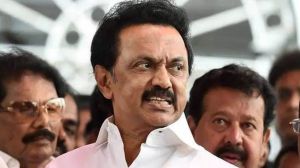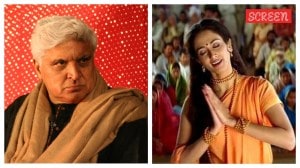Taking the knights
India needs to show some toughness to smaller NSG nations now

Nwe Delhi need not panic, following the inconclusive discussion at the Nuclear Suppliers Group last week on exempting India from the current international rules on atomic commerce. Having taken a little longer than three years to make up its own mind on the historic civil nuclear initiative with the United States, India could not have expected that the 45 members of the NSG would simply roll over. That the NSG, set up originally in 1975 in response to India8217;s first nuclear test in May 1974, is being asked to redefine the rules to favour New Delhi underlines the weight of the wrenching proposition before the international community. Prolonged and bitter internal wrangling over the nuclear initiative and has made it a lot more difficult for Indian diplomacy to wrap it all up at the international level on short order.
Given these circumstances, the outcome from the first sitting of the NSG has not been entirely unproductive. It underlined some basic trends in favour of the initiative. Excepting China, the other nuclear weapon powers 8212; Russia, France and Great Britain 8212; have lent solid support to the Indo-US nuclear deal. So have many other major powers like Germany and Japan. By all accounts, a majority at the NSG now supports a 8220;clean8221; waiver to India. On the negative side, the resistance has crystallised around a group of small states, including Austria, Ireland, the Netherlands, New Zealand, Norway and Switzerland. These 8220;White Knights8221; of the Western world, well known for taking 8216;pure8217; positions on global issues, are demanding that the NSG toughen the terms under which India might be allowed to regain access to international nuclear trade.
As the NSG reconvenes early next month, India8217;s first task is a bilateral one. It must ensure that the political leaderships of the blocking nations are fully aware of the costs to their relations with India that an uncompromising stance would engender. On the multilateral side, New Delhi must reaffirm that it cannot and will not accept fresh conditionalities, other than those it is already committed to. Subject to that limit, India must be prepared to address some of the genuine political unease at the NSG. What is needed over the next few days is hardball diplomacy rooted in a combination of strategic rigidity and tactical flexibility.
- 01
- 02
- 03
- 04
- 05































